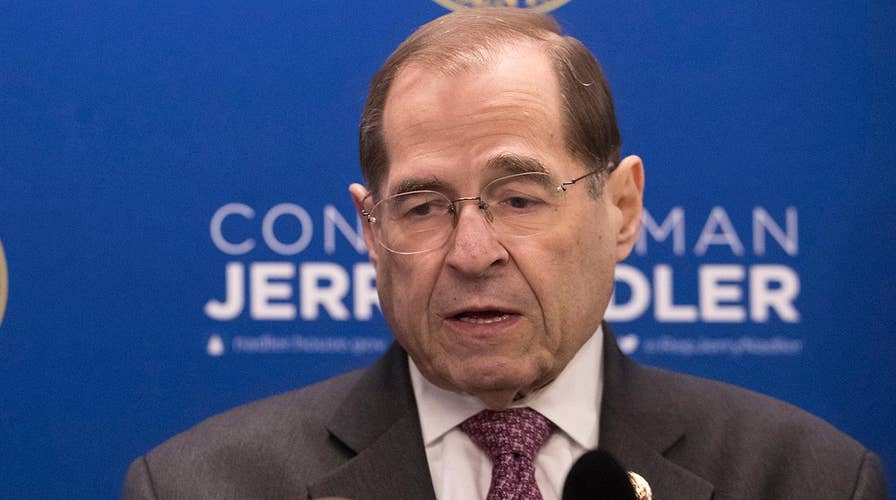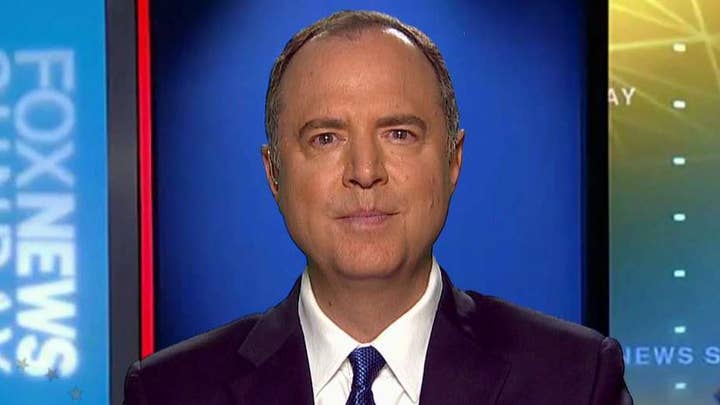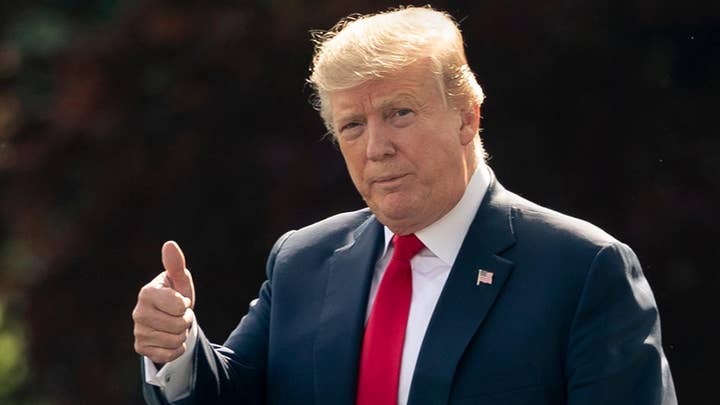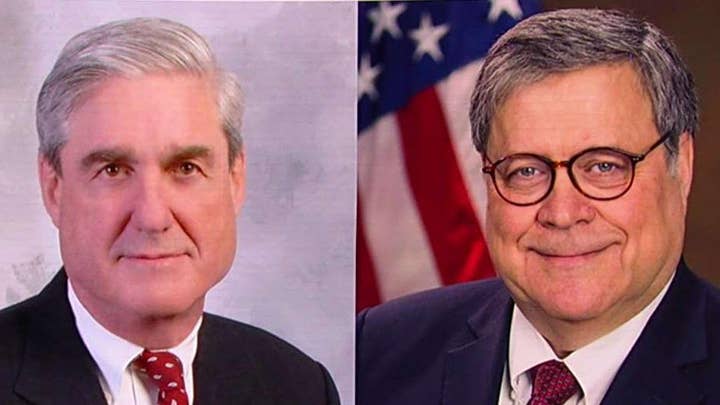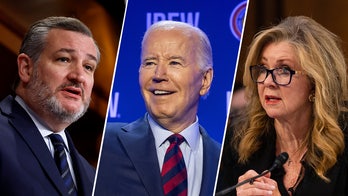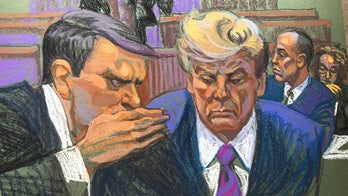Jerry Nadler issues subpoena for unredacted Mueller report
Democratic chairman of the House Judiciary Committee seeks the full special counsel report with all underlying records and grand jury material by May 1; chief intelligence correspondent Catherine Herridge reports from Washington.
House Judiciary Committee Chairman Jerry Nadler, D-NY, argued on Sunday that, despite Special Counsel Robert Mueller deciding not to charge President Trump with obstruction of justice, he believes there is still plenty of evidence of obstruction by the president.
Nadler, who filed a subpoena Friday for Mueller’s full, unredacted report, said that Mueller only restrained from charging Trump with obstruction of justice because of the longstanding Justice Department opinion that a sitting president can’t be indicted.
“Mueller says that although a thorough FBI investigation might very well show evidence of obstruction of justice with the president, ‘we’re not going to do that because of the Department of Justice’s legal opinion that a president, a sitting president, can't be indicted and it would be unfair to lay out the facts justifying an indictment without giving the president the opportunity and a trial to clear his name,’” Nadler said on Sunday during an appearance on NBC’s “Meet The Press.”
NADLER REQUESTS MUELLER TESTIFY BEFORE HOUSE JUDICIARY COMMITTEE ‘AS SOON AS POSSIBLE’
He added: “[Attorney General William] Barr misinterpreted that, or misrepresented that I should say, to say they didn't find obstruction. There’s plenty of evidence of obstruction.”
Nadler expects the Justice Department to comply with his committee's subpoena for the full report by May 1.
That's the same day Barr is set to testify before a Senate committee and one day before he is to appear before Nadler's panel. Nadler also has summoned Mueller to testify by May 23.
A Justice Department spokeswoman, Kerri Kupac, called Nadler's move "premature and unnecessary."
Barr sent Congress a redacted version of the Mueller report, blacking out several types of material, including classified information, material pertaining to ongoing investigations and grand jury evidence.
Nadler last week said he was open to working with the department on accommodations, but he also said the committee "needs and is entitled to the full version of the report and the underlying evidence consistent with past practice."
SPECIAL COUNSEL ROBERT MUELLER'S RUSSIA PROBE REPORT RELEASED BY JUSTICE DEPARTMENT
Mueller laid out multiple episodes in which Trump directed others to influence or curtail the Russia investigation after the special counsel's appointment in May 2017, and Trump made clear that he viewed the probe as a potentially mortal blow — "the end of my presidency."
Nadler on Sunday questioned why Mueller did not level charges against the president’s son, Donald Trump Jr., for taking a meeting with Russian operatives in Trump Tower to allegedly get compromising information on Trump’s 2016 Democratic presidential opponent, former Secretary of State Hillary Clinton.
“I do not understand why he didn't charge Don Jr. and others in that famous meeting with criminal conspiracy,” Nadler said. “[Mueller] said that he didn't charge them because you couldn't prove that they didn't willfully intend to commit a crime, well you don't have to prove that.”
He added: "All you have to prove for conspiracy is that they entered into a meeting of the minds to do something and had one overt act. They entered into a meeting of the minds to attend a meeting to get stolen material on Hillary. They went to the meeting. That’s conspiracy right there."
The New York lawmaker also added that the idea of the House impeaching the president is still on the table even as some of his Democratic colleagues in the House have warned against any premature actions.
CLICK HERE TO GET THE FOX NEWS APP
“If proven some of this would be impeachable yes. Obstruction of justice, if proven, would be impeachable,” Nadler said. “We’re going to see where the facts lead us.”
House Speaker Nancy Pelosi, D-Calif., has insisted on a methodical, step-by-step approach to the House's oversight of the Trump administration, and she refuses to consider impeachment without public support, including from Republicans, which seems unlikely.
Speaking Friday in Belfast as Pelosi wrapped up a congressional visit to Ireland, she declined to signal action beyond Congress' role as a check and balance for the White House.
"Let me assure you that whatever the issue and challenge we face, the Congress of the United States will honor its oath of office to protect and defend the Constitution of the United States to protect our democracy," she told reporters. "We believe that the first article — Article 1, the legislative branch — has the responsibility of oversight of our democracy, and we will exercise that."
The Associated Press contributed to this report.
